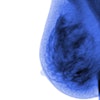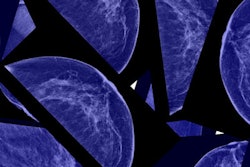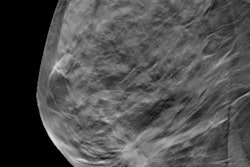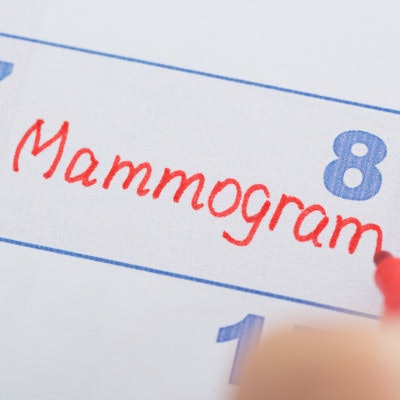
Starting breast cancer screening at 50 means that up to 20% of breast cancers could be missed -- offering more proof that women between the ages of 40 and 49 should be screened regularly, according to a study published online May 15 in the American Journal of Roentgenology.
Screening mammography guidelines published by the U.S. Preventive Services Task Force (USPSTF) recommend that women begin biennial screening at age 50, while the American Cancer Society (ACS) recommends annual screening starting at age 45 through age 55, with biennial screening thereafter. Both organizations do state that the decision of when to start screening is up to women and their healthcare providers to discuss.
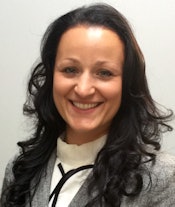 Dr. Jenifer Pitman of Weill Cornell Medical College.
Dr. Jenifer Pitman of Weill Cornell Medical College.But these guidelines are dangerous, according to a team led by Dr. Jenifer Pitman of Weill Cornell Medical College in New York City. Pitman and colleagues conducted a study to determine how many cancers might be missed if women between the ages of 40 and 49 were not screened.
"Women in their 40s would probably be interested in knowing what might happen if they were to choose to follow one recommendation over another," the authors wrote. We found "that during the study period (2014-2016) women in their 40s overall had 18.8% of screen-detected breast cancers -- more than 60% of which were invasive ... [increasing] the risk of a later stage at diagnosis and thus a poorer prognosis."
More evidence
The USPSTF and ACS guidelines regarding screening for breast cancer also conflict with those of other professional organizations; the American College of Radiology (ACR) recommends yearly screening beginning at age 40, as does the American College of Obstetricians and Gynecologists (ACOG). As a result, Pitman and colleagues sought to provide another piece of evidence to support early screening.
"We wanted to investigate whether the incidence of screening-detected breast cancers for women younger than 50 supported [the USPSTF and ACS] guidelines," Pitman told AuntMinnie.com.
The researchers reviewed mammograms of women in their 40s who had breast cancer detected at screening between June 2014 and May 2016. They then tracked cancer detection rates, pathologic findings, and risk factors.
A total of 32,762 exams were included in the study; 808 biopsies were recommended. The biopsies yielded 224 breast cancers for a detection rate of 6.84 per 1,000 screening exams. The breakdown of cancers detected is shown in the table below, with women in their 40s accounting for 18.8% of all cancers.
| Age distribution of breast cancers | |
| Age group | Percent of all breast cancers detected |
| 40-44 | 8.9% |
| 45-49 | 9.8% |
| 50-59 | 21.8% |
| 60-69 | 32.6% |
| 70-79 | 21.4% |
Among the women in their 40s, only a small percentage with screen-detected cancers had a first-degree relative with breast cancer (40 to 44, 15%, and 45 to 49, 32%) or a BRCA mutation (40 to 44, 5%, and 45 to 49, 5%). More than 60% of the cancers found in this age cohort were invasive.
Missing between 9% and 19% of screen-detected breast cancers is underdiagnosis, according to the authors.
"If 40- to 44-year-old women in our study had chosen to follow the 2015 ACS recommendation ... then 8.9% of screen-detected breast cancers could have been missed," they wrote. "If the 40- to 49-year-old women in our study had chosen to follow the 2016 ... USPSTF recommendations ... then 18.8% of screen-detected breast cancers could have been missed."
Just do it
The fact that the breast cancer detection rate from screening, as well as the quality and grade of the cancers identified, was distributed evenly between the two groups of women in their 40s reinforces the benefit of screening this population, Pitman and colleagues wrote.
"The lack of distinction between incidence, invasiveness, and grade in these two cohorts supports the utility of screening women in their 40s, ages 40 to 44," they wrote.
What's the takeaway? The study offers more evidence that beginning breast cancer screening at 40 is a good choice, and Pitman and colleagues hope other physicians will take this evidence into account when they discuss the issue with their patients, she told AuntMinnie.com.
"We hope our findings will help our physician peers when they're counseling patients by giving them more information, so that they have more evidence for the decision about when to start screening," she said.


